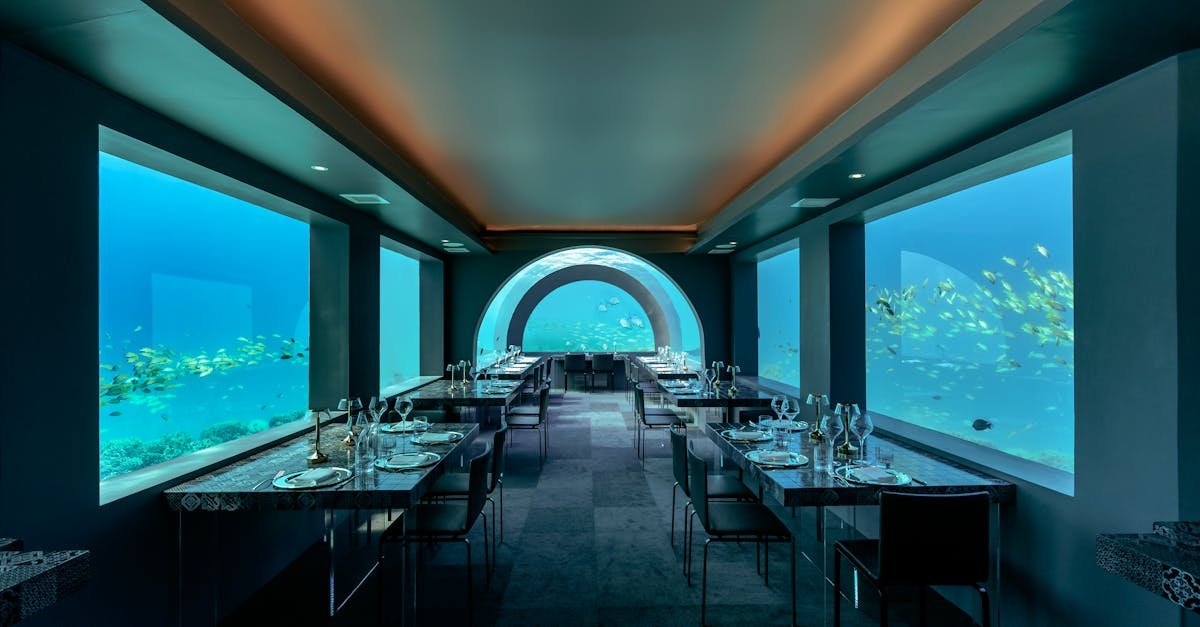An evening that was supposed to be marked by conviviality turned chaotic in Fontainebleau. Two customers found themselves after a delicious meal at the restaurant, unaware that a disagreement over the bill would lead to a police intervention. Tensions rose around the €291 bill, illustrating the challenges of human relationships at a table, often delicate in the face of consumption.
Why did customers refuse to pay their bill?
In a bistronomic restaurant in Fontainebleau, two customers chose to have a culinary experience that took an unexpected turn. After a hearty meal, they decided not to settle the €291 bill. At the end of their dinner, the situation quickly escalated when the staff requested payment. The customers, aged 30 and 34, began exchanging harsh words, which quickly attracted the attention of other patrons present.
Almost surprisingly, this incident reveals a troubling reality within the restaurant industry: refusing to pay can be perceived as an act of rebellion or a poor sentiment regarding the service. At the time of payment, discussions around the amount intensified, creating discomfort and palpable tension in the establishment. According to witnesses, the way they treated the staff quickly crossed the boundaries of what is reasonable. A conflict management that could have been avoided with better communication.
What are the consequences of refusing to pay?
Refusing to pay a bill in a restaurant is not a trivial act. This behavior is reclassified as a theft offense under French law. The consequences are very real and can include legal sanctions. Here are some points to consider regarding the outcomes of such an action:
- Police custody possible for the customers involved.
- Legal proceedings that could result in a fine.
- Impact on their reputation, particularly in terms of relationships with other establishments.
These elements highlight the importance of combining culinary pleasure with respect for the rules in force. Acting responsibly when sitting at a restaurant table may seem trivial, but it also conveys values of conviviality and mutual respect. In this case, the outcome served as a lesson to be considered by both the customers and the restaurateurs.
How did a dispute at the restaurant escalate?
The incident occurred on a Thursday evening, around 9:20 PM. After enjoying cocktails, rump steaks, and a bottle of 1er Cru Burgundy, the customers reacted poorly to the suggestion of a discount on the wine. At the moment of payment, internal disagreements led to a verbal escalation. When looking into the reasons that can fuel such behaviors, it generally concerns:
- A lack of communication in the service context.
- Unrealistic expectations from the customers.
- Frustration that can quickly lead to thoughtless actions.
The restaurant staff, facing this tense situation, ultimately decided to alert the police. This decision involved not only the safety of the customers and staff but also compliance with current regulations.
What are the rights of customers during a meal at the restaurant?
Customers have several rights during their experience at the restaurant, but these rights also come with responsibilities. Indeed, it is vital to understand that the service of a meal includes a moral contract between the customer and the establishment. Among the rights and duties of customers, we can mention:
- The right to receive good service.
- The duty to respect the staff and their working conditions.
- The right to express dissatisfaction in case of a dispute.
- The duty to settle the bill after consumption.
A respectful approach and open dialogue can often prevent unpleasant situations. However, in extreme cases, such as that of the two customers in Fontainebleau, these interactions can quickly deteriorate, leading to unfortunate consequences.
How did the police intervene in this matter?
In the face of rising tension and the shouting exchanged between customers and staff, police intervention was requested. The law enforcement arrived at the scene quickly, handling the situation with professionalism. It is of interest to examine how the police approach such cases:
- They listen to the testimonies of each party involved.
- An evaluation of the situation is first conducted before taking action.
- In case of law violations, such as refusing to pay, arrests can be made.
In this situation, the apprehended customers were placed in police custody before facing the judicial consequences of their actions. This intervention underscores the need for calm and effective conflict management, reminding us that every action has repercussions.

In a context where restaurant consumption can sometimes clash with unexpected conflicts, the incident in Fontainebleau raises questions about human relationships in the restaurant environment. The two customers, having enjoyed a quality meal in a pleasant setting, failed to manage the delicate moment of the bill.
This situation illustrates the fact that managing expectations and disagreements can have notable consequences. Instead of agreeing on the amount due, the customers let their emotions take over, creating a tense climate that necessitated police intervention. This moment, meant to be enjoyable, quickly turned into a drama, reminding everyone that civility and communication are paramount in these exchanges.
Through this incident, we can reflect on the true meaning of responsible consumption and how our choices can impact our experience. Thus, even a good meal can transform into a lesson about the importance of honesty and mutual respect in business, including in the restaurant industry.







